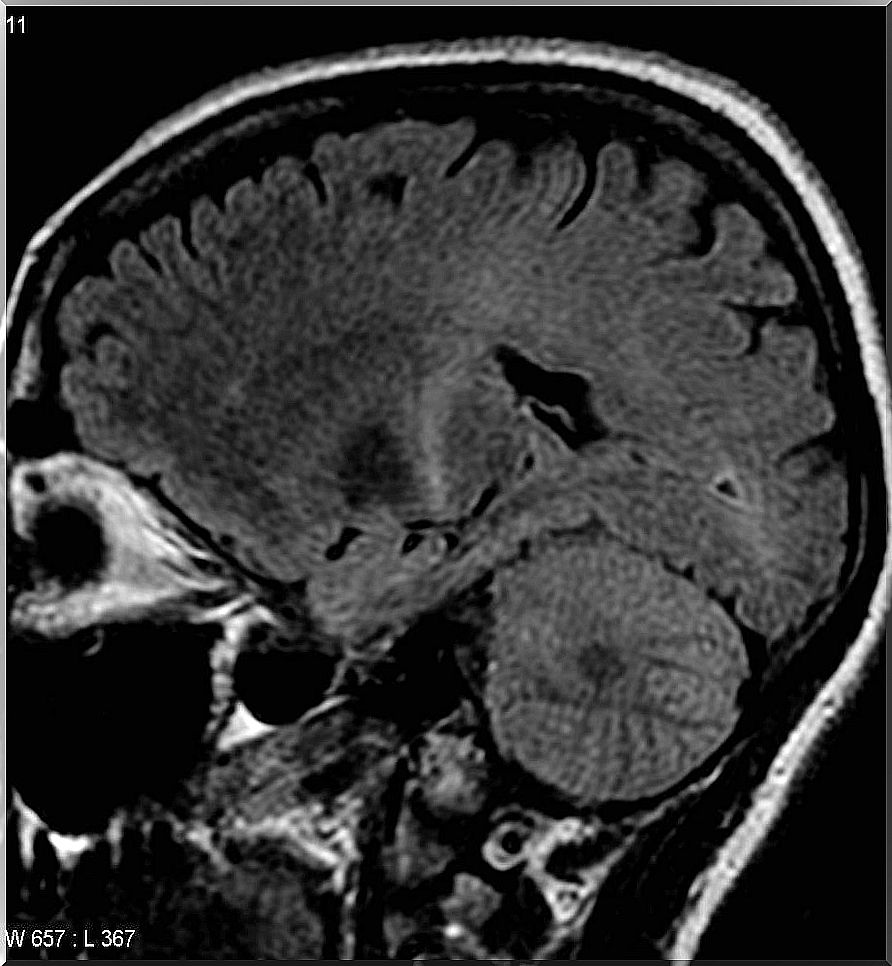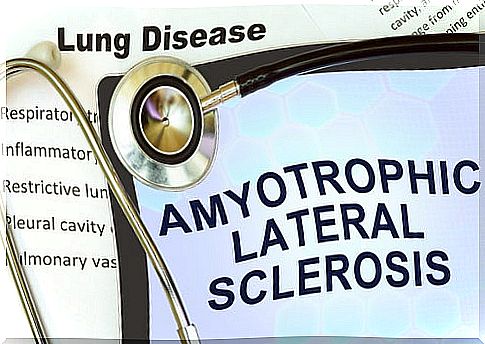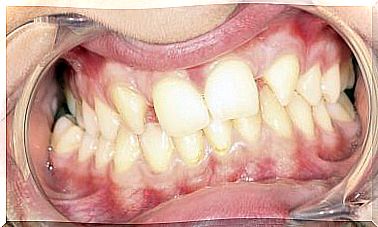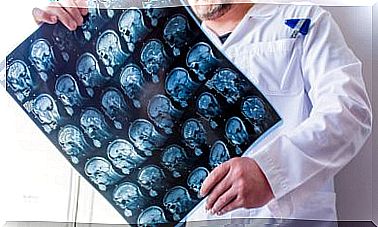ALS, A Disease That Steals Life
ALS is a neuromuscular disease that has become more widely known around the world thanks to the “Ice Bucket Challenge”, the so-called “ice bucket challenge”. It is a campaign to raise awareness, putting yourself in the shoes of those with amyotrophic lateral sclerosis.
What this action was intended to do was to make this disease more visible. Another of his objectives was to raise funds for the Association of Amyotrophic Lateral Sclerosis, which studies this pathology and, of course, provides assistance to those who suffer from it.
It is possible that, despite having seen videos of famous people fulfilling this challenge, you still do not know exactly what ALS is and what its associated symptoms are. Discover in this article its causes, and do not hesitate to go to a doctor if you see any coincidence with any of those mentioned here.
ALS, a paralyzing disease
Amyotrophic lateral sclerosis (abbreviated as ALS and also known as Lou Gehrig’s disease) is a progressive neurodegenerative disease. It affects the nerve cells of the brain and spinal cord.

It originates when motor neurons, which are cells of the nervous system, begin to stop working until they die. This causes muscle paralysis that prevents movement of the arms, legs, and body.
ALS is a disease in which intellectual capacity and sensitivity are not affected. This is because these brain functions are not related to motor activity.
In addition, those who suffer from this disease do not lose eye movement, since it only affects the motor neurons that control the extrinsic muscles of the eye. The sphincter muscles that control urination and defecation are also not affected, since ALS does not damage the Onuf nucleus.
What are the causes of ALS?
ALS is a disease that affects 5 out of 100,000 people. Unfortunately, the most striking thing is that in most cases its causes are unknown. It is estimated that only 10% of cases are due to a genetic factor, the rest continue to have an unknown cause and are the subject of investigation.
Different studies that have been done over the years have suggested different types of possible causes of ALS, although all are yet to be confirmed.
However, the team of neurologist Teepu Siddique published in 2011 in the journal Nature a study related to the way in which ALS develops in most patients. It suggested that the underlying common cause could be a defect in a protein called ubiquitin 2, responsible for degrading and recycling other proteins.
Other hypotheses suggest that its causes could be viral infectious agents; immune system dysfunction; the Heritage; an exposure to toxic substances; metabolic imbalances and malnutrition.
Symptoms
Usually the symptoms of ALS are not presented until after 50 years. However, there have been cases of people who start to suffer from them from a younger age.
People who suffer from this disease suffer a great loss in muscle strength, until there comes a time when they are completely unable to perform routine activities.
Most of the time, the muscles that are affected first are those of breathing and swallowing. As the disease progresses, these symptoms may worsen, while other muscle groups begin to be affected. In general, the symptoms can be:
- Difficulty breathing.
- Difficulty swallowing: the patient chokes easily, tends to have constant drooling and may have constant nausea.
- Head drooping due to weak neck muscles.
- Muscle cramps.
- Muscle contractions called fasciculations.
- Muscle weakness that slowly worsens, usually starting in one part of the body and then spreading to more parts.
- Paralysis.
- Language problems, such as a slow or abnormal speech pattern.
- Changes in voice, hoarseness.
- Weightloss.
Treatment

First, different tests are done to rule out other types of diseases similar to ALS. When verifying that the patient, indeed, suffers from this disease, a treatment is started that helps to calm the symptoms, but these only have a calming effect.
So far, there is no treatment that can cure the disease. However, it is constantly being investigated. There is high hope in halting the progression of this disorder.
Drugs to treat ALS can help combat symptoms such as cramps, spasticity, sleep disturbances, or salivation problems. In addition, physiotherapists, occupational therapists and speech therapists do a great job, since they are responsible for improving the physical conditions of the patient.
It is also important that patients with ALS keep a check with the nutritionist. They tend to lose weight very easily, as the disease increases the need for food and calories, while making it difficult to ingest food due to swallowing problems.
In the same way, emotional support is also vital to treat this serious disease, since mental function and sensitivity are not affected, as we have already said. This is where groups like the ALS Association work and provide support to people with ALS.
Ice Bucket Challenge
The Ice Bucket Challenge campaign was an initiative that in just weeks went around the world. Personalities from the world of technology, fashion, film, television and music challenged each other. For the first time, the whole world put itself in the place of these patients; for the first time, they felt, for a few seconds, something similar to what these people constantly feel.
The campaign was a success and was able to raise a lot of money to support the Amyotrophic Lateral Sclerosis Association, an entity that studies the disease and provides care for those who suffer from it. Do not forget the different treatments are highly expensive.
The Ice Bucket Challenge generated some controversy on the part of those who claimed that it was a waste of water, taking into account that many places lack this resource. However, it was explained that this was a way to generate empathy with those who suffer from this disease and raise awareness about it. It was not a viral video contest, but a respectful and sincere way of supporting the sick.
Despite the most unfortunate criticisms, the reality remains what it is. Sadly, ALS is a disease that never goes out of style. Fighting against it and improving the quality of life of those who suffer from it, is, without a doubt, to be appreciated.









